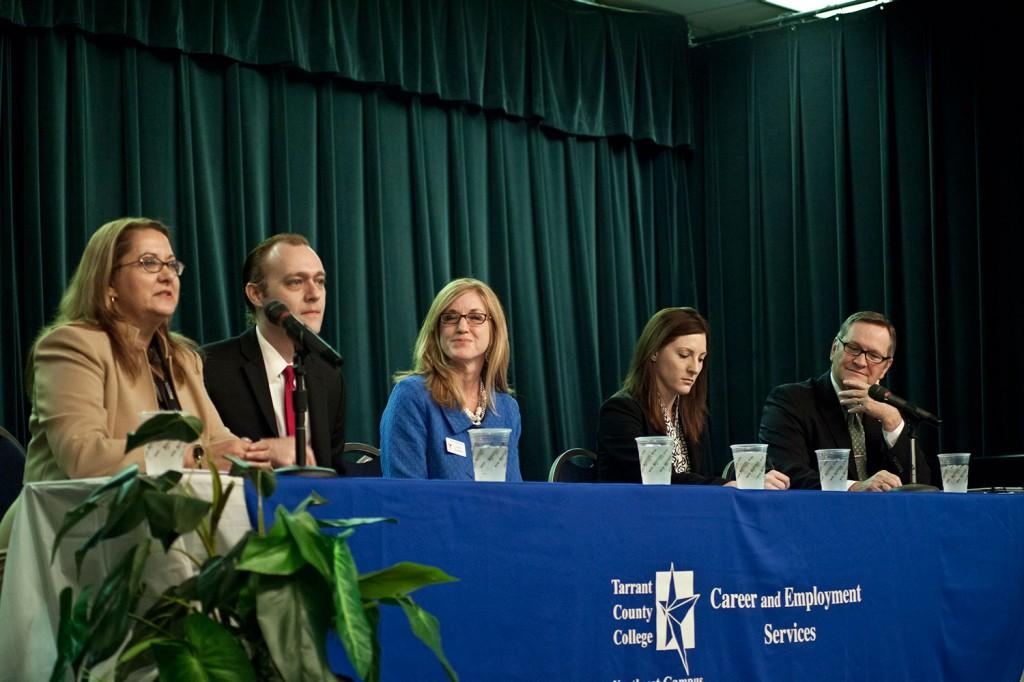Sherlett Warren/ editor-in-chief
Chancellor Erma Johnson Hadley traveled to Austin Oct. 24 trying to influence state officials that community colleges require more funding.
Hadley, in conjunction with the Texas Association of Community Colleges, endorsed a five-point plan to the state Legislature for funding specific to the needs of community colleges.
“Tarrant County College is doing its share to help students attain undergraduate certificates,” Hadley said.
In 2011, TCC awarded 4,126 degrees and certificates. This past spring, the number increased to 4,760.
Helping students complete higher education in a shorter time period has become paramount as the state considers the way it changes funding colleges from enrollment-based to outcome- based.
Hadley said community colleges don’t get funding consideration for the heavy investment they make in Adult Basic Education, English as a Second Language and GED programs.
Community colleges also invest in educating students and aligning skills for employment critical to Texas’ economy, she said.
“We get no credit for the
people who come and take three courses, four courses, five courses — and get a job,” Hadley said. “They didn’t graduate. They didn’t get a certificate.”
She hopes to get the attention of the Legislature to make them understand those items.
“We have a lot of work to do and not just at Tarrant County College,” she said.
Last spring, federal financial aid guidelines put a six-year limit on financial aid for college students.
“That is extremely difficult for community college students,” Hadley said. “It takes students an average of 4.7 years to get an undergraduate degree. That is something we must stop.”
She said one of TCC’s goals is to boost weekend college to increase graduation rates within the four-year time frame instead of six years.
“We think that will help speed things up a little bit,” she said.
The college also plans to collaborate with public schools to prevent dropout rates. Hadley said students who drop out of high school when they are 16, 17 and 18 come to TCC at 24 and upward.
“We need to try to help catch them before they drop out,” she said.
TCC also signed an agreement with the University of Texas at Arlington to offer low-cost degrees to students. TCC is one of three community colleges in Texas who has partnered with universities to offer $10,000 degrees.
“The only way you can get a $10,000 degree in Texas right now is to go to a community college,” Hadley said.
Board trustee Gwendolyn Morrison said the challenge is clear for trustees and the chancellor to be active in their districts in relation to policymaking.
“It’s important that we all beef up our muscles and get to work,” Morrison said.
Ultimately, Hadley and the TACC recommend a clear and direct approach that rewards students, community colleges and universities.
“Since community colleges are definitely the economic engine of our communities, we need to make sure that they [the legislators] hear us and that they can, hopefully, hear us well enough to give us some help,” Hadley said.


























